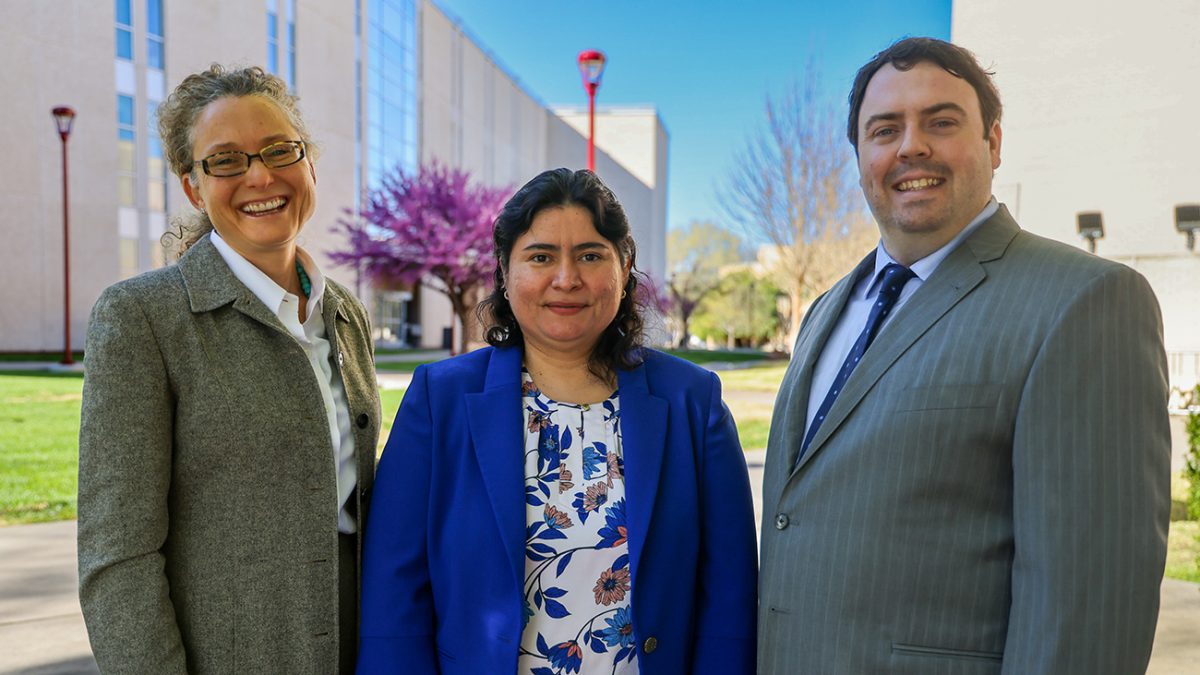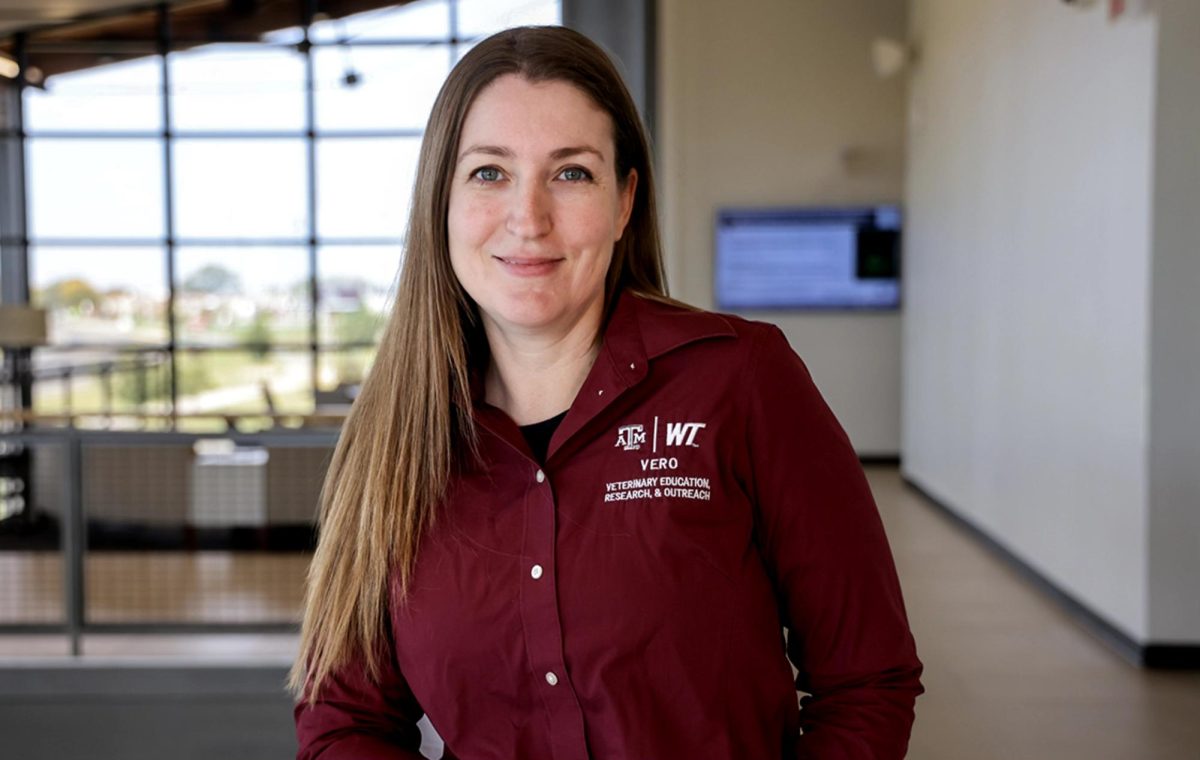CANYON, Texas — Three West Texas A&M University professors were part of a team of researchers who recently published an article exploring a pandemic-era rise in online aggression against professors, particularly female ones.
The team published “Cyberbullying of university faculty: An examination of prevalence, coping, gender and personality factors” in the June issue of “Computers in Human Behavior, a top-ranked journal in the fields of business and social sciences.
WT professors on the team are Dr. Leslie Ramos Salazar, the Amjad Abdullat Professor of Business; Dr. Adam Weiss, assistant professor of education; and Dr. Jillian Williamson Yarbrough, the Virginia Engler Professor of Business Management. Ramos Salazar and Yarbrough teach in the Paul and Virginia Engler College of Business, and Weiss teaches in the Terry B. Rogers College of Education and Social Sciences.
They were joined by Nova Southeastern University’s Dr. Katelynn Sell, assistant professor of management.
April is Research and Innovation Month across The Texas A&M University System,
“We wanted to explore how the shift to online-only or hybrid classes during Covid-19 lockdowns had a lasting impact on the mental health of faculty members,” Ramos Salazar said. “Some faculty initially were unfamiliar with online technologies like Zoom and WebEx, which led to them feeling increasingly stressed and anxious.”
During those lockdowns and beyond, faculty had to spend more time on computers, tablets and smartphones communicating virtually with students, staff, faculty and administrators.
“With this increased use of technology came risks of becoming vulnerable to workplace cyberbullying, the repetitive use of negative words that are meant to cause harm to another person in the workplace,” Weiss said.
The research team surveyed 179 higher-education faculty members from across the United States who reported being cyberbullied.
“Most of the faculty who were victimized during the pandemic indicated that the incidents were not addressed or reported, and several handled it by themselves,” Ramos Salazar said.
Evidence showed that female faculty were 29 percent more likely to be cyberbullied than their male counterparts.
“Research show that women are more likely to face this harassment because of, among other factors, gendered role expectations that they should be more passive and nurturing,” Yarbrough said. “Plus, some institutions we surveyed have gendered cultures and structures that place men in dominant positions in the workplace.”
Researchers found that faculty perceived as being agreeable were less likely to face cyberbullying; on the other hand, faculty who experience anxiety, anger, loneliness and pessimism were more likely to be targeted.
Researchers hope the study’s findings will lead to a change in how cyberbullying is addressed by administrators and policymakers.
“Many faculty are not aware of how to cope with cyberbullying when being victimized,” Ramos Salazar said. “We recommended that universities offer workshops or trainings about cyberbullying to educate and protect their faculty members and that universities should provide mental health and counseling services to faculty members, especially faculty cyberbullying victims.”
The study is an example of the impactful work done by WT as a Regional Research University, as laid out in the University’s long-range plan, WT 125: From the Panhandle to the World.
That plan is fueled by the historic One West comprehensive fundraising campaign, which reached its initial $125 million goal 18 months after publicly launching in September 2021. The campaign’s new goal is to reach $175 million by 2025; currently, it has raised nearly $160 million.
Photo: West Texas A&M University faculty members Dr. Jillian Williamson Yarbrough, from left, Dr. Leslie Ramos Salazar and Dr. Adam Weiss collaborated on recently published research into acts of cyberbullying committed against professors.









